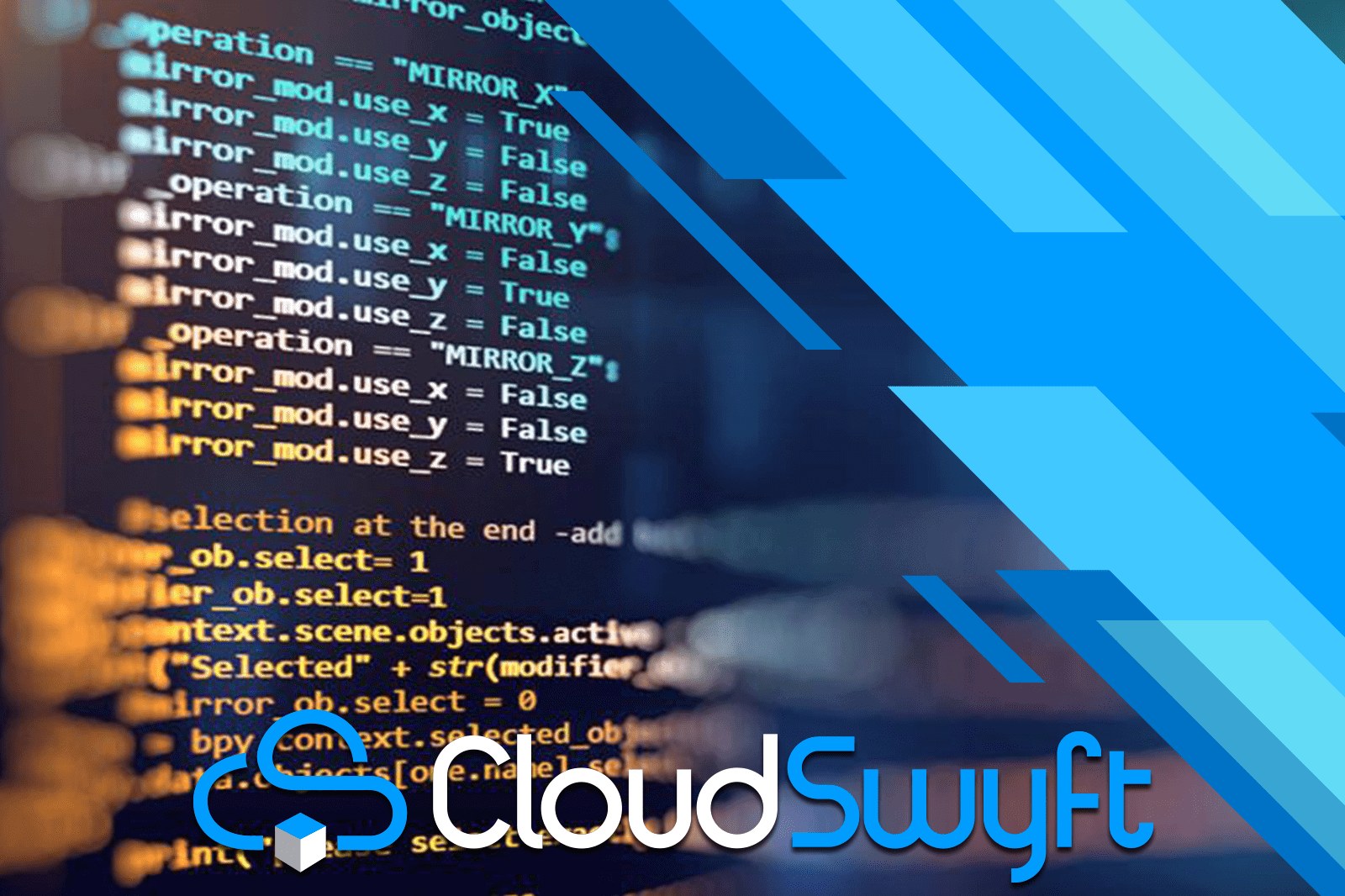
Paul Pardi
Principal Content Developer
Microsoft Corporation
Instructor of Philosophy
Seattle Pacific University
Paul created his first computer program when he was 12 years old and has been programming ever since. He received his Master's degree in philosophy in 1997 and has taught philosophy courses at Seattle Pacific University since 2002. At Microsoft Paul has worked in Windows and Microsoft Learning doing engineering work and managing both engineering and content teams.

